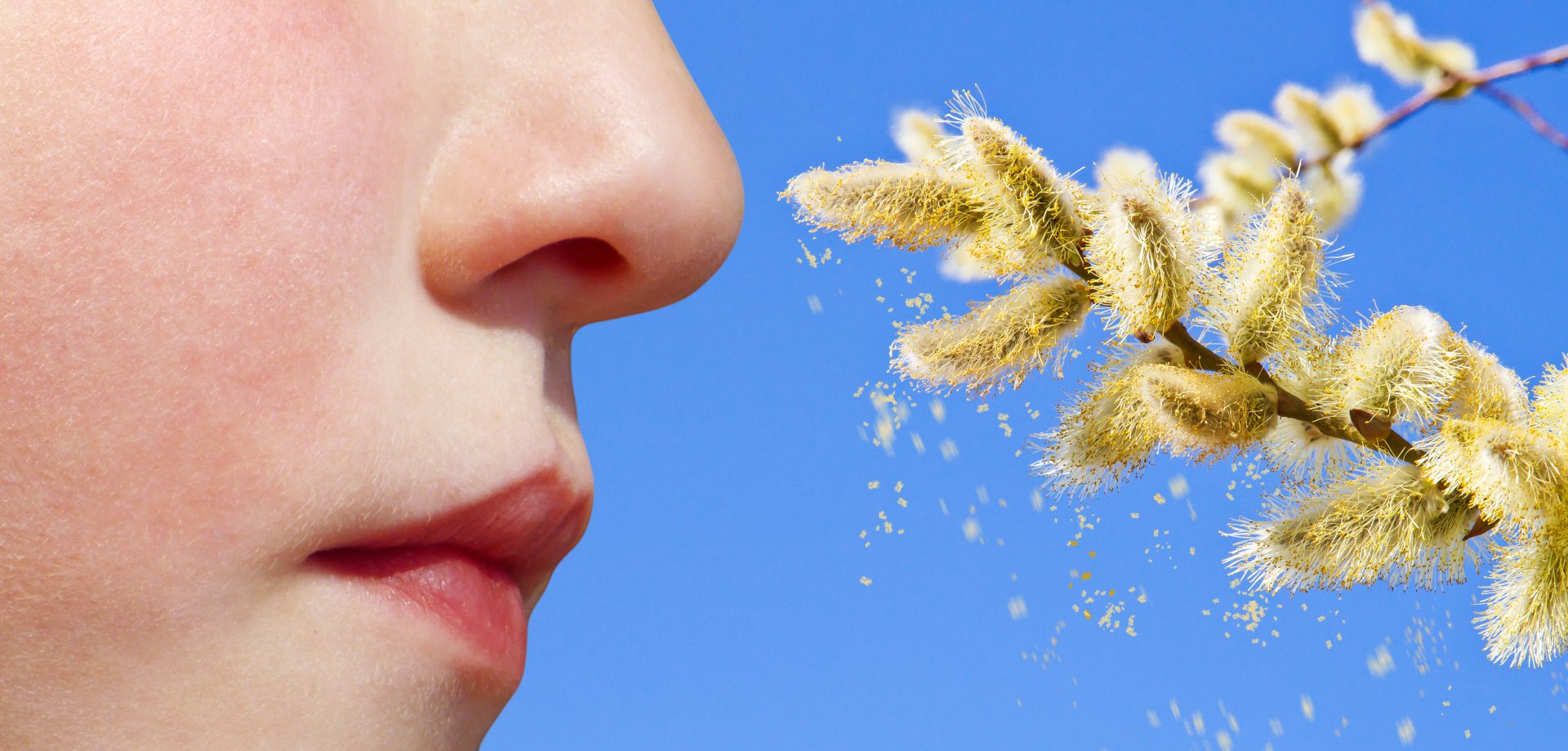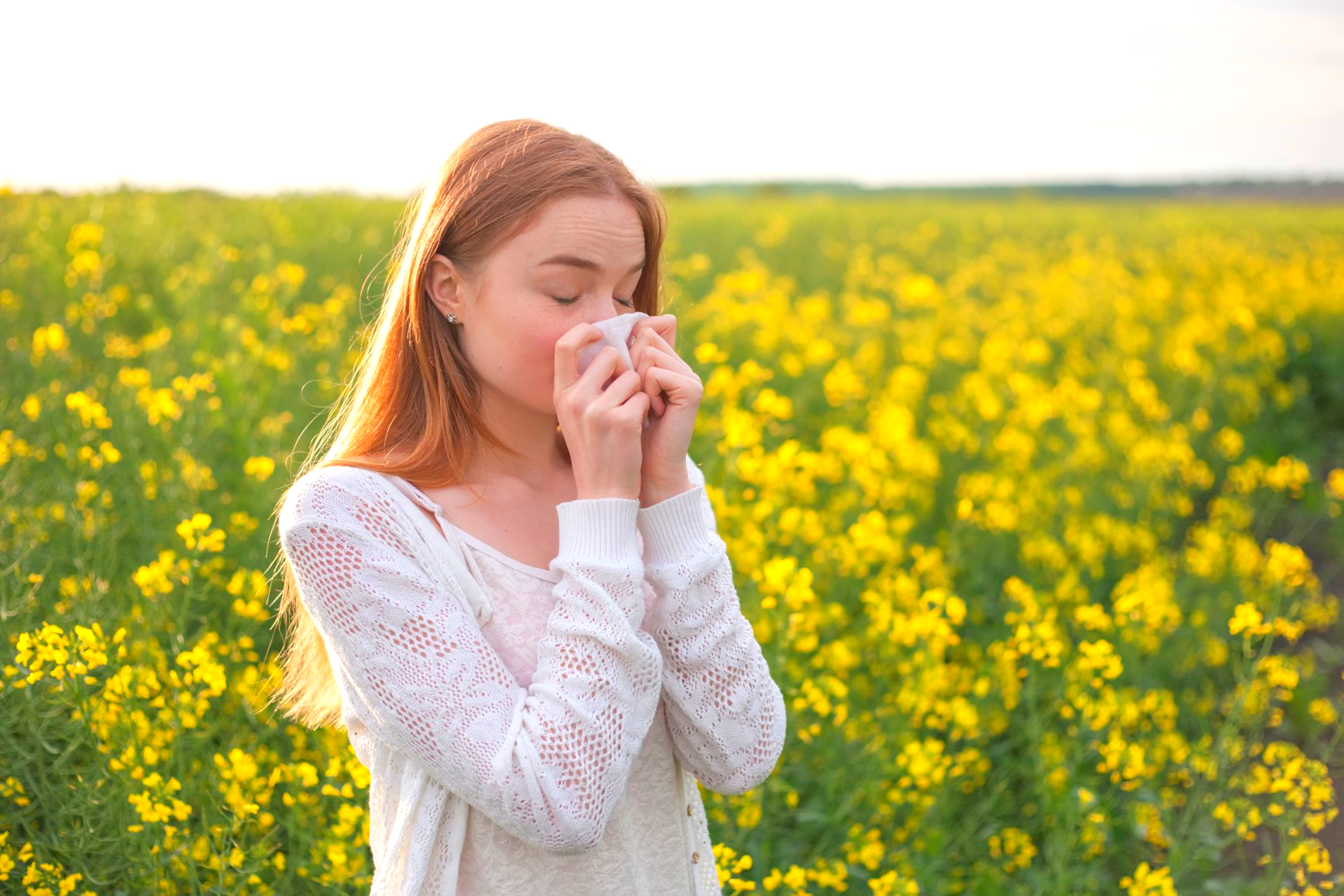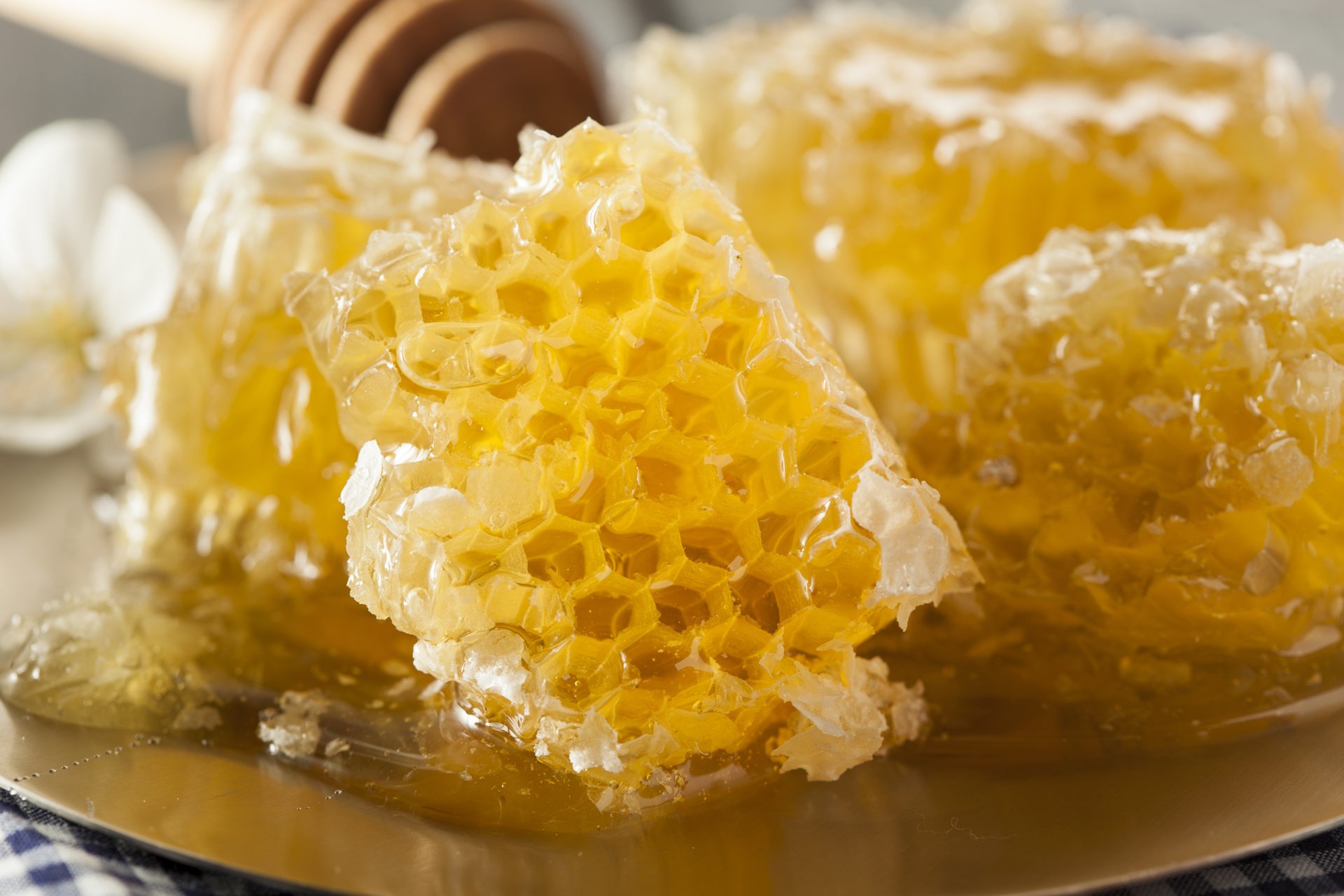Honey for Allergies
There’s a more natural and delicious way to help your body through your seasonal allergies: Honey. Yes, honey for allergies.
Last week you were looking out your window at the doom and gloom of the winter. You longed for warmer weather as you added another layer just to head outside. It has been a long, harsh, and cold winter, but there are hints of spring everywhere you look.
While you are out shopping, you notice the displays around the stores are decked out in floral patterns with clever, cheery sayings, and the end caps have fun outdoor items like herb gardens and gardening tools. You are feeling excited and refreshed with the change in season.
You continue walking along and you also notice the allergy medication has dominated one of the end caps. Then you remember: You love the idea of spring, but with all the new blooms comes all the pollen. With all the pollen comes all the sneezing. Oh, the sneezing. And that’s just the half of it.
You contemplate stocking up because you know how miserable you get. However, as you stand there with the medication in your hand you wonder: Am I going to be on allergy medication for my whole life? Is there an alternative option? Lucky for you, there is a more natural and delicious way to help your body through your seasonal allergies.
It’s honey. Honey? That’s right, honey for allergies. Perhaps this doesn’t come as much of a surprise because you might already use honey for other medicinal purposes, such as soothing your sore throat when you have a cold. Honey has a host of other benefits that help more than your cold.
Continue reading to learn about the benefits of using honey for allergies.

What are Allergies and What Do They Do To Your Body?
Seasonal allergies, also called Allergic Rhinitis (nasal allergies), trigger your immune system to respond when a foreign substance like pollen is introduced to it. For some people, the response is mild, while others experience a more severe response. Allergies can affect all people from all different backgrounds, races, and genders. This can be upwards of 50 million people each year. Just because they are common and affect so many people doesn’t mean allergies are any less annoying to combat.
The most common type of allergy is a seasonal pollen allergy. When things are in bloom, pollen is everywhere. When the wind blows, it carries the pollen from grasses, trees, and weeds long distances which will cover anything in its path. During allergy season it seems as though nothing is safe.
Your immune system must work so hard to keep your body functioning normally.
Common symptoms include
- Itchy, watery eyes
- Sneezing
- Coughing
- Trouble sleeping
- Congestion
- A sore throat
There are other symptoms, such as fatigue, that aren’t as commonly talked about but can throw your whole body through a loop. It makes sense when you think about it. Your body is working tirelessly because your immune system is on overdrive. No wonder you are feeling so exhausted.
In addition, people can experience irritability, low productivity, and memory loss when they are in the midst of allergy season.
Seasonal pollen allergies are common, but it doesn’t mean you have to live with this discomfort the rest of your life.
Continue reading to understand the benefits of raw honey, and how it can help your allergy symptoms.

Benefits of Raw Honey
Some experts believe that pollen from bees ends up in the honey. If people consume this honey, they will slowly build up immunity to and therefore be able to tolerate the pollen. While this might help slightly, this isn’t the main reason why local honey is beneficial for allergies.
Here is the deal with raw honey: It is packed full of nutrients, enzymes, sugars, minerals, amino acids, vitamins, and let’s not leave out its antiseptic and anti-fungal properties. Best of all, it’s jam-packed with polyphenols (infection-fighting antioxidants). So what exactly does all of this mean?
It means that honey can help your immune system which, as stated above, is working extra hard and causing you to be miserable, irritable, and exhausted. If honey can help your immune system, it can also help fight your allergies.
Additionally, honey can help with hay fever symptoms which tend to go hand in hand with allergies.
Local Raw Honey vs. Processed Honey
So what exactly is the difference between local raw honey and processed honey? For one, the look of the two kinds of honey is very different. Processed honey is very clear while raw honey is cloudy. This is because raw honey has not been heated or filtered.
When you buy local honey, you know exactly where it comes from because the farmers are local, and the bees are local. In addition, the pollen that ends up in the honey is from the local area, so you could be introducing small amounts to your body. As stated previously, the local pollen in the honey isn’t necessarily what helps your body with your allergies, but it is an added benefit that processed honey doesn’t have.
You just read about all the fantastic health benefits that raw honey has. While processed honey might have some of those benefits, most of them have been destroyed during the pasteurization process.
You will be doing your body a huge favor by using local raw honey instead of processed honey. You can generally find raw honey in your local grocery stores or specialty health food stores, but you will find that using locally sourced honey will be the least processed and you will get the most significant health benefits.
How Local is Local Honey?
In general, to be considered local honey it should be from your state. Use this search to find local honey near you.
At Balanced Care, we would like to provide you with the care you deserve to manage your chronic illnesses and seasonal allergies. Please contact us to find out how we can help you start feeling better today.

